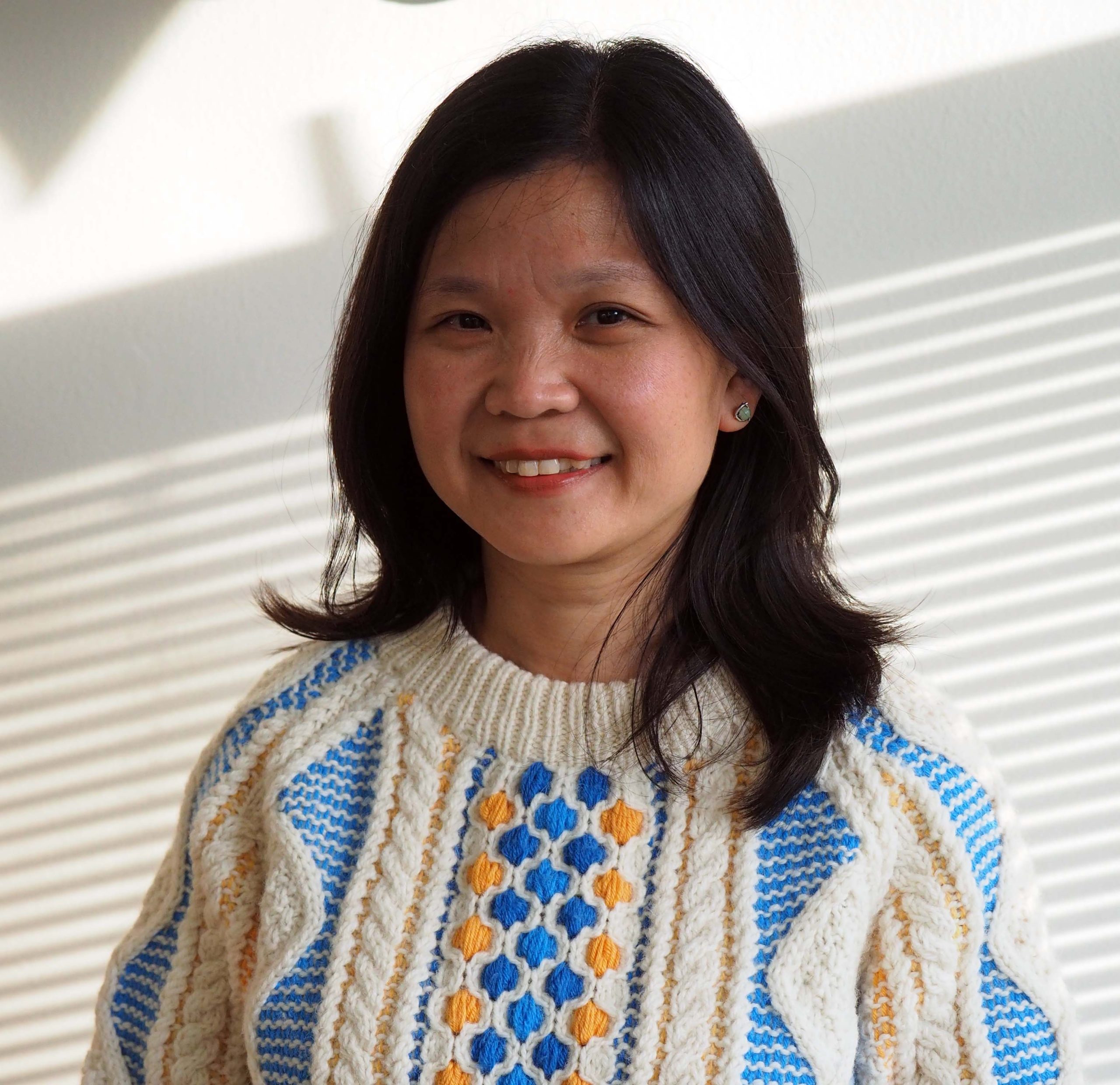Why the focus on musculoskeletal health?
Musculoskeletal conditions can occur at any time throughout a person’s life and are not just related to older age. It is estimated that between 1-in-3 to 1-in-5 people (including children) live with musculoskeletal pain.
Research shows that persistent spinal pain that starts in childhood or adolescence is linked to a higher risk of spinal pain in adulthood.
With improvements in life expectancy and later retirement ages, we may see people living and working longer while enduring a musculoskeletal condition.
There is evidence that musculoskeletal disorders (MSDs) are work-relevant and can affect many in their productive income-earning years as millions of workdays are lost due to pain and disability.
There is often no single cause for musculoskeletal pain, it is multi-factorial and multi-dimensional.
Some of the risk factors of MSDs such as physical inactivity, poor nutrition, and smoking are linked to many other long-term health conditions. Depression and sleep disturbances are also commonly associated with MSDs.
Certain MSDs, along with some chronic diseases, are more common in middle- to lower-income settings. This reflects the impact of the wider determinants of health such as poverty, employment, education, housing among others.
MSDs were already a major health and economic burden before Covid-19 arrived. This burden may well grow further as lifestyles and livelihoods are increasingly disrupted as a result of the pandemic.
There are actions that can be taken to reduce the impact of MSDs on the individual, organisations, society, the economy, and the health care system.
And an approach that is grounded in prevention and health promotion, with a life course and whole person perspective is key.

My qualifications
- Masters in Public Administration (MPA), Lee Kuan Yew School of Public Policy, National University of Singapore (2012)
- Grad. Dip. Health Policy and Management, Curtin University of Technology Western Australia (2000)
- BSc (Physiotherapy) with Distinction, Curtin University of Technology Western Australia (1998)
- Registered with Health and Care Professions Council (HCPC) UK
- Registered with Allied Health Professions Council (AHPC) Singapore
- Member of The Chartered Society of Physiotherapists (CSP) UK
- Member of The Association of Chartered Physiotherapists in Occupational Health and Ergonomics (ACPOHE) UK
My story
During my first few years as a young physiotherapist, I experienced work burnout.
I moved away from home for my first job and work made up most of my daily life. I did not know how to cope with the high load and pace of work and took long hours to finish. I did not know how to ask for help and support from others without feeling like I was incompetent. Travelling home on weekends to see family and friends meant less time for building new relationships, rest, and recharging.
It began as neck pain and headaches. As it went on other health issues appeared, along with stress, low mood, fatigue and decreasing performance.
After several specialist visits, a barrage of tests with contradictory results and many courses of medications, it came down to a consult with a kind doctor. He gently surmised that there did not seem to be any firm medical reason for my poor health other than a work-life harmony that needed better management. I cried that day in his office- it was not from relief but for the fact that I did not have a ‘diagnosis’ I could work with.
That release of emotions was a turning point- over time I made improvements to my lifestyle, leant on my support system, and learnt to manage the physical and mental loads that came with my clinical work.
This experience influenced how I developed as a clinician as I now understood how physical, mental, emotional, social, and environmental factors interact to impact the health of a person. The whole person (not their individual parts) should be at the centre of and play a central role in their care and recovery.
My personal health journey also convinced me that ‘prevention is better than cure’ is indeed a truth and motivated me to explore additional paths in health promotion and policy.
At the heart of it, my business Habilitar provides integrative health education services as a tool to promote musculoskeletal health while championing education as a public health strategy to promote health and social equity.
More about me
I was born and raised in tropical Malaysia. I have been very fortunate to have lived, studied, and worked in different countries.
In 2018, my husband’s work took our family back to the North-East of England.
My heart (and stomach) remain tied to my family, friends, and the food in South-East Asia.
Learning and growing are some of the constants in my life, as with change and transitions.
Food and spice are my weakness, as are all things vintage.
I like to pay attention to the complexities, diversity, and nuances that come with health belief systems, social context, culture, knowledge, language, and personal life journeys.
